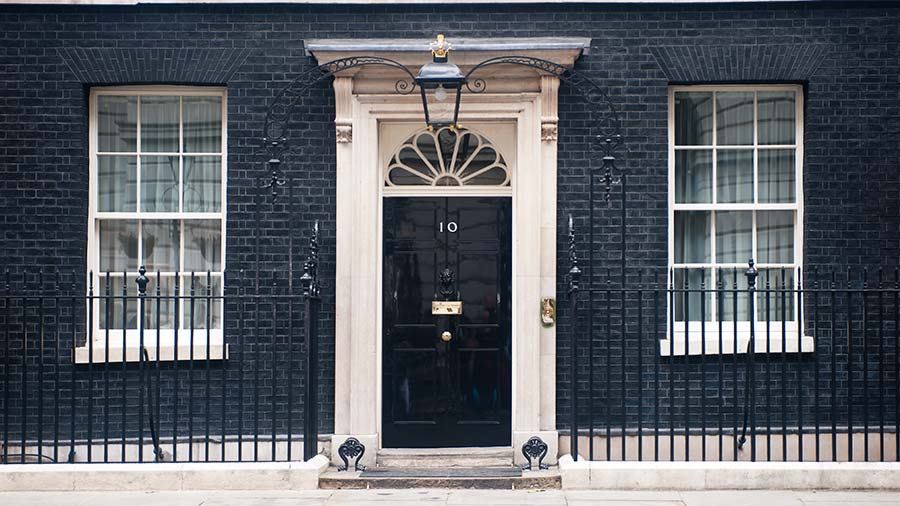Editor’s view: Food Summit expectations are at rock bottom
 © AdobeStock/pcruciatti
© AdobeStock/pcruciatti “I call this meeting to order,” said Rishi Sunak, banging an auctioneer’s gavel on a Downing Street table and sending Larry the cat streaking for a window.
“Minette, it’s so good of you to come. Although, of course, given you’ll be out of a job by this time next year, I’m not sure how much attention I need to pay to you.”
“I could say the same to you, Prime Minister,” replied the outgoing NFU president, eyes burning like the embers of the recently scrapped horticulture strategy.
See also: Editor’s view: Farming must be profitable to attract new entrants
“Since you’ve been careless enough to allow more than 1,000 Tory councillors to lose their jobs, perhaps they could be made available for fruit and vegetable harvesting this summer?”
This is how I idly imagine the start of next Tuesday’s (16 May) food security summit, with the prime minister keeping the promise that he made to the NFU during a hustings in last year’s first leadership election to hold one.
Of course, the NFU might want to be careful turning up at the gates of Downing Street and telling the police on guard that they’re there to protest about something.
If the experiences of anti-monarchy protesters during last week’s coronation ceremony are anything to go by, they’re more likely to find themselves in a cell than a conference room in the prime minister’s office.
I hope deputy president Tom Bradshaw leaves his placard at home – holding aloft a sign reading “This egg shortage is no yolk” might get him flung in a wagon.
It’s very easy to be cynical about these sorts of meetings, isn’t it?
We’ve all heard a politician’s warm words that don’t translate into action.
Here’s one scenario for how it could go – or what I would do if I was a prime minster reluctant to make any further spending or legislative commitments.
Step one Shroud the agenda and list of attendees in secrecy to avoid probing questions on what was said from unhelpful journalists. At time of going to press – done.
Step two Pack as many people around the table as possible, preferably with a range of conflicting viewpoints, to avoid there being any sort of consensus on what needs to be done.
Step three Make sympathetic noises to everyone, commit to further investigation of the matter, hand round the good biscuits and have an aide hurriedly call you away – preferably to the “situation room”.
If it’s good enough for the cabinet when they’re being unruly, then it’s good enough for the food sector.
Alternatively, if I wanted to show that I was sternly gripping the matter and regarded it as a priority, I would follow Plan B.
Step one Abruptly fire Therese Coffey, who has become a scapegoat for the entire government’s lack of appetite to intervene in food policy to date, while acknowledging publicly that food security is national security and food poverty is a poverty problem, not a food problem.
Step two Commit to personally chairing a cross-government task force that identifies and implements world-beating aspirations for a thriving food supply chain, to match those we already have for the environment.
Include the Department of Health and Social Care and the Treasury, smashing through the departmental barriers that currently make progress on the topic piecemeal.
Step three Make food security a key plank of the future Tory election manifesto, throwing down the gauntlet to rival parties and driving a race to the top on who can best protect this vital sector.
We can but dream.

